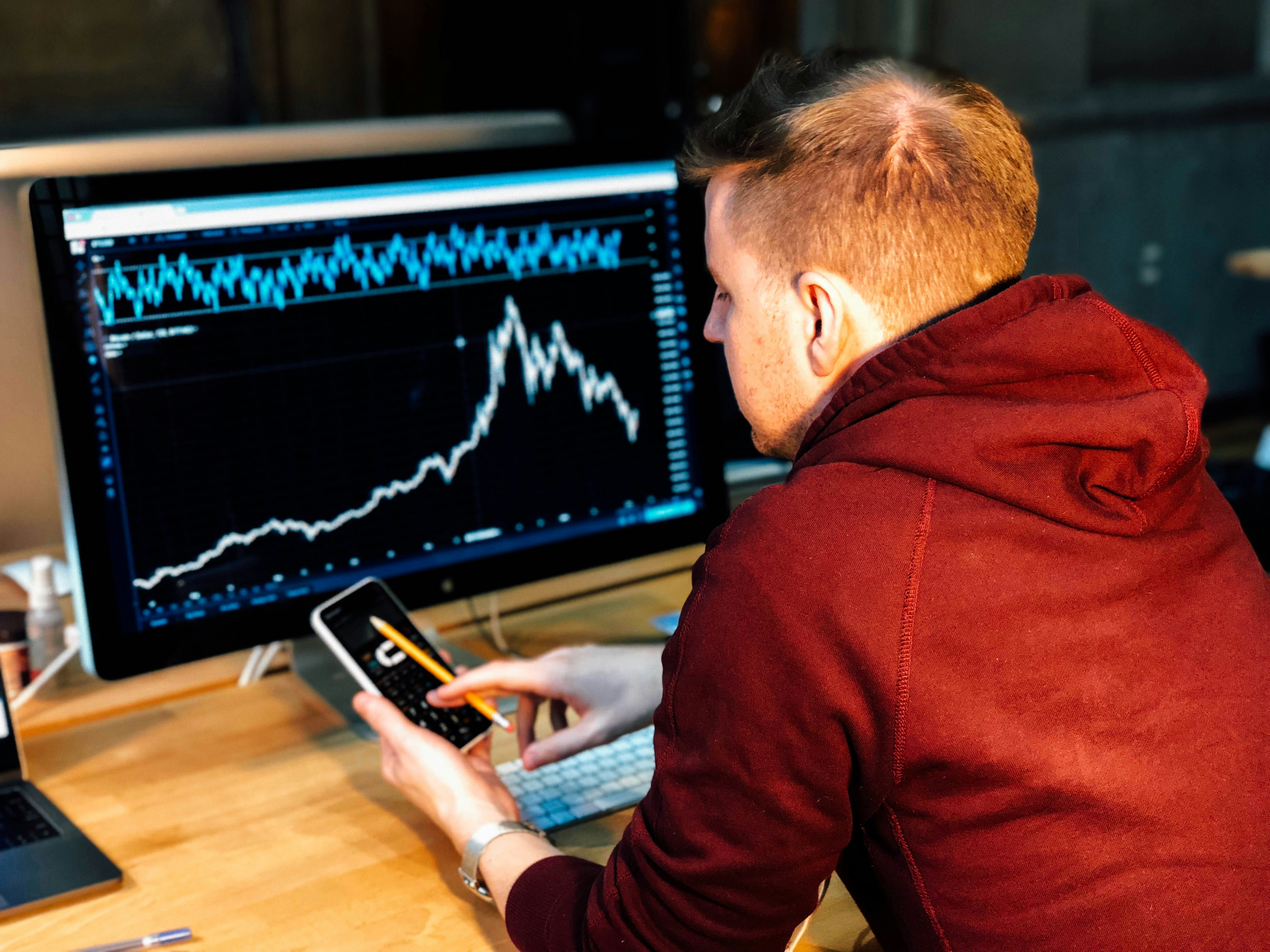The beauty of trading currencies is that the foreign exchange market remains open for 24 hours in different parts of the world. One can trade forex part-time and make significant profits just as full-time traders do. But many traders reach a point where they consider turning it into a career so they can keep their eye on market movements and maximize their returns. As intimidating as it can be, starting your own forex business is actually more straightforward than it seems. But before you can turn it into a profitable venture, you need to put these things into serious consideration:
1. Scope of the business
There are at least two ways to turn forex trading into a business. The first is to work for yourself and become a full-time trader. It’s best to not think of trading as a hobby but as a business where the product you’re buying and selling is currency. Like an actual business, there are costs, profits, and a market you participate in. More importantly, trading requires skill — developed through time and experience — to succeed and thrive in a competitive environment. The other option is to become a broker or start your own brokerage firm. As a forex broker, you will be working for other traders and, sometimes, other brokers. Your role is to take trade orders from others and execute them.
2. Costs and profits
The costs to trading professionally are minimal. You need a computer, access to a trading platform and capital. The recurring expenses include an internet subscription, software upgrades and, for brokers, server costs. The profits are simple to understand. As a trader, you make money by selling a currency at a higher price than you bought it or by trading currency pairs. But when you broker other people’s trades, you make money from commissions and fees which can either be fixed or variable.
The average salary for forex traders is $78,162 and, moonlighting as a forex broker, you can expect to make an additional $75,000 plus bonuses and commissions. Of course, whether you actually reach that salary grade depends on various factors, including your trading skill, clientele and their volume of trades, and market conditions.
3. Legal and financial requirements
Now comes the tedious part of setting up your own trading business: establishing your company. While you can start trading easily, there are various legal and financial requirements if you want to become a professional trader or broker. For one, you need to be regulated by the National Futures Association to be considered a legitimate forex broker. They will provide you with the necessary licenses and certifications, which can also increase your chances of growing your clientele.
Another consideration is the legal structure of your business. Some traders and brokers consider incorporating because of the tax advantages and asset protection available to corporations. The income you make from trading is considered passive income, so traders try to bypass the tax implications by qualifying for trader status and incorporating. However, not everyone is granted this status easily. What can work is creating a limited liability company which gives one the benefit of being taxed as a corporation. This can give you the same tax advantages as an incorporated qualified trader and broker on your trading income. Additionally, you limit your legal liability which can protect your accumulated assets.
4. Forex platform
Choosing the right trading platform is a critical step whether you’re a trader or a broker. Aside from letting you execute your own trades or your clients’, these contain useful information presented in charts, live updates, and tickers. The right platform also needs to be properly regulated, with various trading accounts offered, and excellent customer service. More importantly, the right trading platform should have strong security protocols in place given the cyber attacks targeted toward the financial sector. This will help protect your trading account, limit your personal liability, and improve your trading business’s chances at success.
